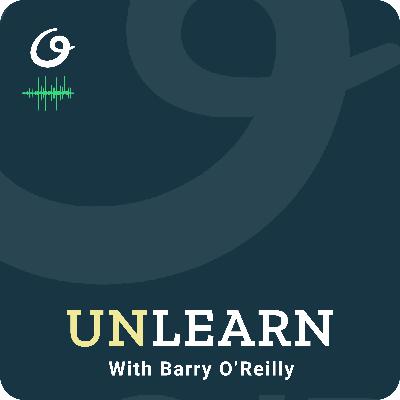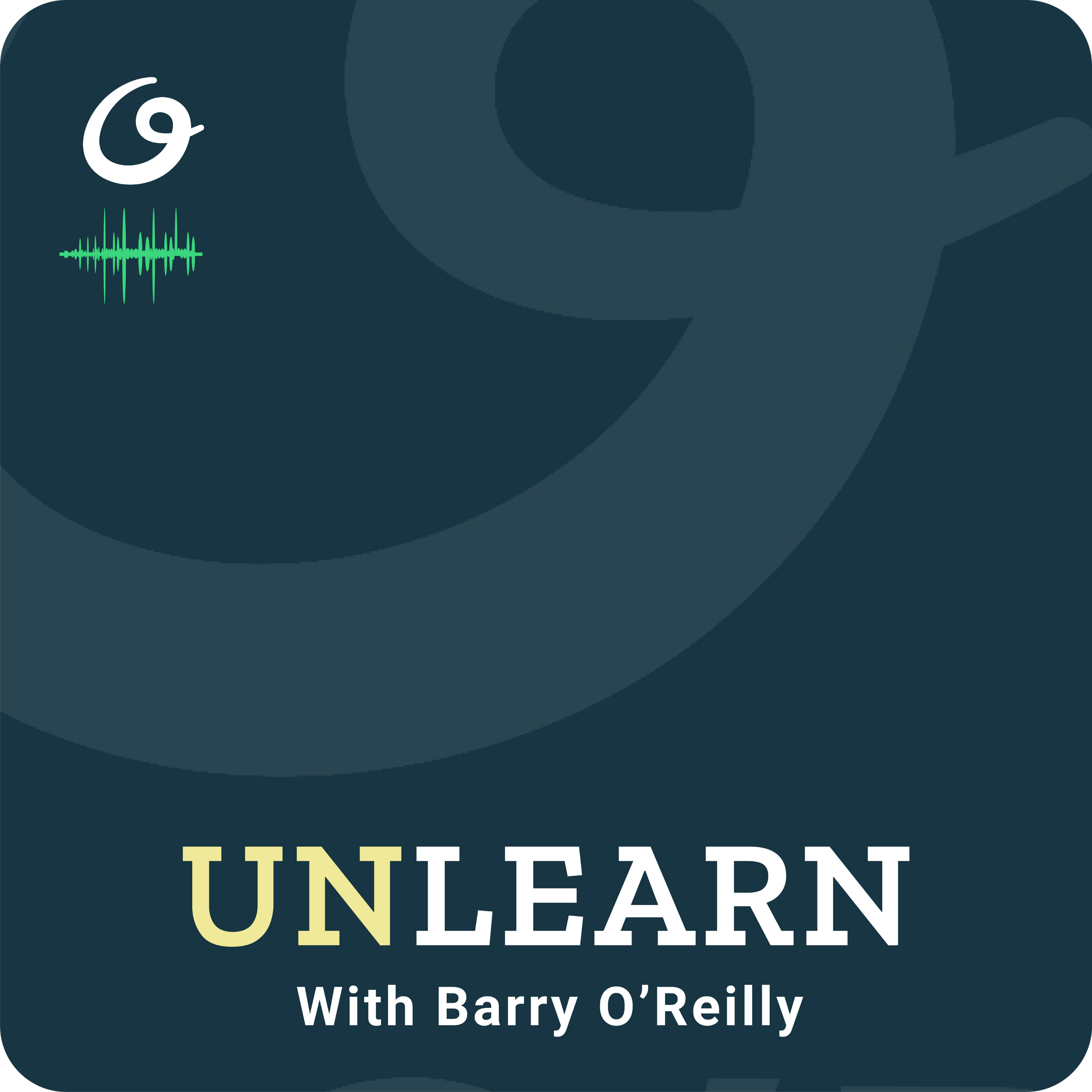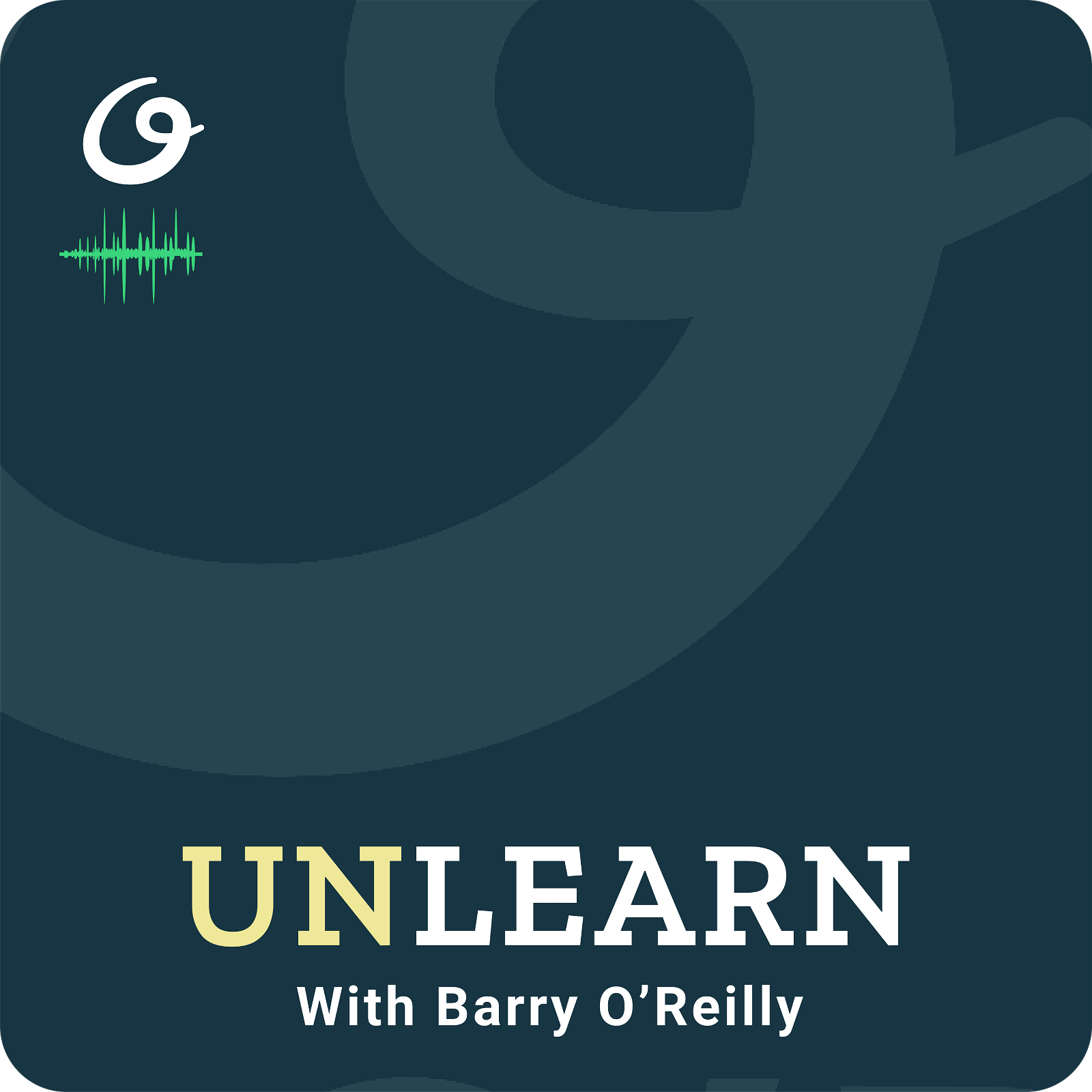Why Brains Need Friends with Dr. Ben Rein
Description
In today’s hyper-connected world, many of us are experiencing a paradox—more digital interactions, but deeper loneliness. In this episode of Unlearn, I sit down with Dr. Ben Rein, neuroscientist and author of Why Brains Need Friends, to unpack why human connection isn’t just emotional—it’s biological. From the neuroscience of loneliness to surprising acts of generosity in mice and minnows, we explore how your brain interprets social disconnection as a threat, and why a full calendar of Zoom calls doesn’t satisfy your social diet.
As someone who experienced this firsthand—working remotely, starting over in a new country—I share my own journey to unlearning the myth of self-sufficiency and redesigning my life to engineer real connection. This conversation is a call to rethink how we connect, show up for each other, and take our social health as seriously as sleep, diet, or exercise.
Key Takeaways
- Loneliness Is a Biological Threat: Your brain interprets social disconnection like hunger or pain—not just a mood, but a warning signal.
- Small In-Person Moments Matter: Even brief, face-to-face interactions boost mood and cognitive function more than digital ones.
- Isolation Damages the Brain: Chronic loneliness raises cortisol, shrinks memory centers, and can shorten your lifespan.
- Introverts Still Need People: Social time benefits everyone—introverts just hit their saturation point sooner.
- Generosity Is Hardwired: From rats to dolphins, the impulse to connect and give is deeply embedded in our biology.
- Connection Requires Unlearning: Independence and solitude aren't always virtues—sometimes they’re survival myths in disguise.
Additional Insights
- Social prediction systems in the brain were scrambled by COVID—and many people still haven’t recalibrated.
- Most people think they’re worse-than-average at socializing, which fuels avoidance and false self-judgment.
- Digital tools remove the social cues—tone, expression, touch—that our brains need to feel emotionally nourished.
- Empathy is not automatic—it’s biased and trainable, shaped by exposure to difference and intention.
- Rebuilding community isn’t just good for you—it’s essential for physical, mental, and societal health.
Episode Highlights
00:00 – Episode Recap
Ben Rein discusses the importance of socializing, likening it to sleep, diet, and exercise, and emphasizing its role in overall well-being.
02:07 – Guest Introduction: Ben Rein
Barry introduces Dr. Ben Rein, neuroscientist and author, and outlines the episode’s focus on the biological necessity of human connection.
03:43 – How COVID Broke Our Social Predictions
Ben shares his neuroscience background and explores how societal shifts and the pandemic disrupted the brain’s expectations for everyday interaction.
08:23 – Barry’s Story: “You Sound Lonely”
Barry recounts a personal moment of realization and how a friend’s observation pushed him to rebuild his social life with intention.
11:29 – Why We Miss the Signs of Loneliness
Ben explains why loneliness often goes undetected, how it manifests as stress, and why virtual connection isn’t enough.
16:44 – The Hard Work of Making Friends
Barry reflects on the discomfort of building new friendships as an adult—and why it’s worth the effort for mental and emotional health.
21:10 – The Neuroscience of Social Fear
Ben breaks down why we underestimate the value of interaction, how fear holds us back, and the courage it takes to engage.
25:33 – Designing for Connection
Barry shares how he now intentionally schedules social time as part of his weekly routine—and encourages others to do the same.
29:46 – Writing Lessons: Structure Matters
Ben opens up about his writing process and the hard-earned lesson of keeping a book focused on its core idea.
32:58 – Empathy is in Our Nature
Ben shares surprising studies showing kindness and empathy across the animal kingdom—and what humans can learn from them.
39:22 – Closing Reflections
Barry and Ben wrap with a call to action: prioritize connection, embrace kindness, and use what we know to better ourselves and others.
Useful Resources
- Why Brains Need Friends by Dr. Ben Rein
- Dr. Ben Rein on LinkedIn
- Ben’s popular science content on Instagram and TikTok







